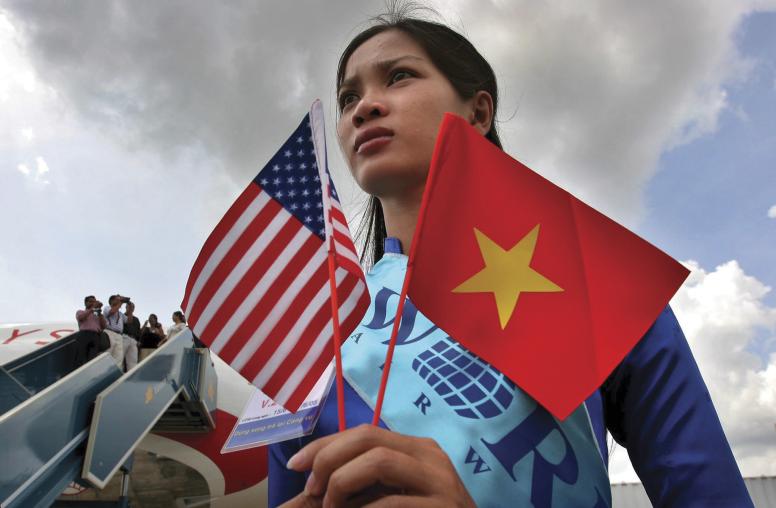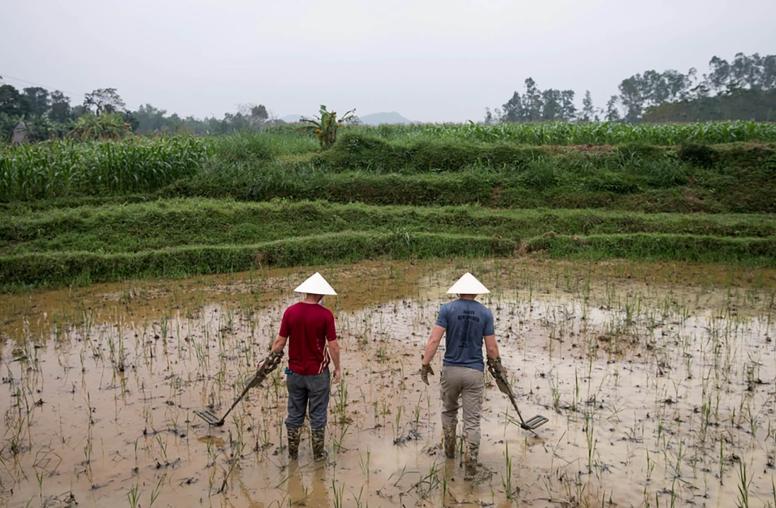Resolving the Legacies of Agent Orange
Pathways for Increased Environmental and Health Cooperation between the United States and Vietnam
Read the event coverageThe United States sprayed Agent Orange and related herbicides on 10,160 square miles of South Vietnam from 1961-1971, exposing millions of Vietnamese citizens and U.S. soldiers to dangerous dioxins and seriously affecting at least 150,000 Vietnamese children born after the war. Since U.S.-Vietnam cooperation on Agent Orange began in 2006, the United States and Vietnam’s Ministry of Defense have completed remediation at Danang airport and begun a second cleanup effort at the Bien Hoa air base, while USAID supports 10 organizations that assist persons with severe disabilities in provinces heavily sprayed with the herbicide. Still, more must be done to help address the immense and lingering effects of Agent Orange.
English
Vietnamese
On January 25, USIP held the first in a series of seminars designed to offer diverse perspectives on U.S.-Vietnam cooperation concerning war legacies. Drawing from the accomplishments and lessons of the U.S.-Vietnam Dialogue Group on Agent Orange/Dioxin, American and Vietnamese thought leaders assessed the current state of cooperation on the issue of Agent Orange — with particular attention to health and disability assistance that addresses dioxin contamination from the Vietnam War.
Take part in the conversation on Twitter with #USAVietnam.
Speakers
Andrew Wells-Dang, introductory remarks
Senior Expert, Vietnam, U.S. Institute of Peace
Charles Bailey
Former Director, Agent Orange in Vietnam Program, Aspen Institute
Susan Berresford
Former President, Ford Foundation; Convenor of the U.S.-Vietnam Dialogue Group on Agent Orange/Dioxin
Phan Xuân Dũng
Research Officer, ISEAS-Yusof Ishak Institute, Singapore



